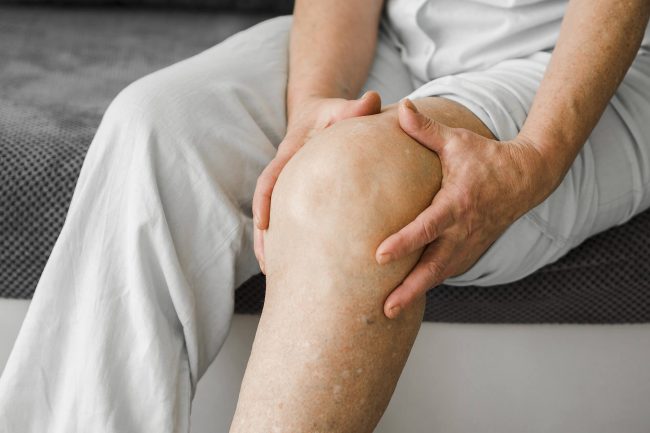Chronic joint inflammation refers to persistent inflammation in the joints that lasts for an extended period, typically beyond the expected healing time. It is commonly associated with conditions such as rheumatoid arthritis (RA), psoriatic arthritis, and systemic lupus erythematosus (SLE). Inflammation in the joints can lead to symptoms such as joint pain, swelling, stiffness, and limited mobility.
Over time, chronic inflammation can cause damage to the joint cartilage, surrounding tissues, and even the bone. Treatment for chronic joint inflammation aims to reduce inflammation, manage pain, and preserve joint function. It often involves a combination of medications, such as nonsteroidal anti-inflammatory drugs (NSAIDs), disease-modifying antirheumatic drugs (DMARDs), and biologic agents.
Physical therapy, exercise, lifestyle modifications, and sometimes surgery may also be recommended to alleviate symptoms and improve joint health.

